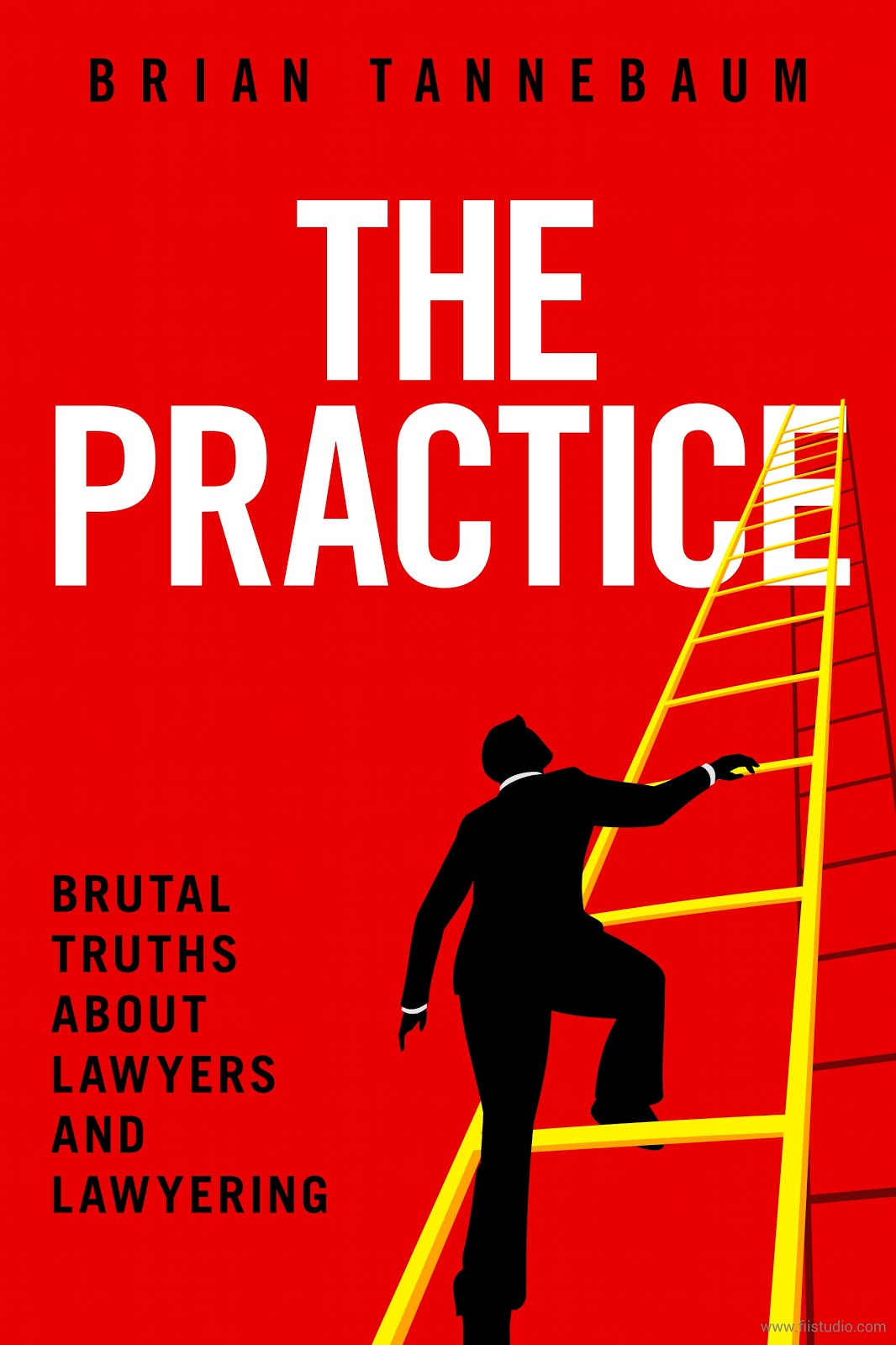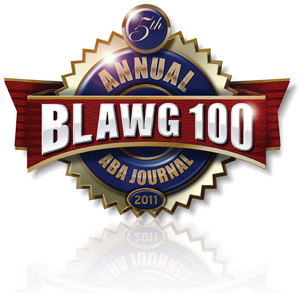The legal profession has given themselves to the tech vendors. Their influx to everything lawyer has been successful, causing anyone in state Bar and Bar association leadership to advocate that we all must "embrace technology or die." It's embarrassing, but there's nothing I can personally do about it. I've tried to argue that relationships and ethics are at the core of better lawyers and lawyering, but that has done as much as cause the Law Practice Management Section of the ABA to decline to have anything to do with my book. My balance-tech-with-other-lawyer-qualities is bad for business.
End of soapbox, for now.
One thing I've noticed about everyone in Bar leadership jumping on the tech train is that it doesn't seem to stop at every courthouse door, effectively leaving lawyers - who do strange things like go to court - out of the loop.
Question to the tech train - if you are going to do the tech vendor's work trying to convince every lawyer they need to "get on board," where is the effort for a national tech policy for lawyers who don't practice from their pajamas, but actually have to put on suits and go to those old fashioned places known as courthouses? You do know those lawyers, the ones not sitting at home selling documents, still exist?
I looked on the internet for the latest on this important issue, and found only one article from 2011.
It begins:
The American public loves the convenience of their wireless communication devices—PDAs and laptops, smart phones and earpiece devices, among others. It’s estimated there are 285 million cell phone users in the United States.
However, the same devices that provide convenience in communications may raise security concerns in federal courts and possibly disrupt proceedings. Courts have responded with a variety of access policies.
Apparently, in response to various courthouse tech policies that drive lawyers crazy:
...the Judicial Conference Committee on Court Administration and Case Management, in consultation with the Information Technology Committee and the Judicial Security Committee, has issued revised guidance for courts to consider that updates how new technologies could be used and what this may mean for courts."
That's right, to try and resolve this issue, we have the Judicial Conference Committee on Court Administration and Case Management, working with the Information Technology Committee and the Judicial Security Committee. The quickest way for any good idea to die is to send it to a committee, or three.
So according to this article, back in 2011:
About half of district courts allow the public to bring electronic devices into the court, usually with some restrictions on their use.
Of these districts, one-third prohibit the public from bringing the devices into the courtroom, two-thirds allow the devices in the courtroom but they must be turned off or in silent mode—unless the judge gives permission to use them.
About half of district courts ban all devices in the courthouse, except by judges, clerk’s office and chambers personnel, and probation and pretrial officers. Anyone entering the building is required to either store the device with court security officers, or leave the building to store it elsewhere.
Some exceptions are permitted with a judge’s permission, e.g., attorneys are usually allowed to bring in laptops and other audio-visual equipment for the presentation of evidence at a court proceeding.
And their recommendation?
...courts are urged to adopt a policy that can be applied on a courthouse- by-courthouse basis because of the unique needs and circumstances of each location. Thus no uniform national policy is recommended.
So on one side we have the tech train trying to convince lawyers to grab every device they can get their hands on, along with any and all software that can automate the practice of law, and on the other side we have some courthouses that don't allow any of these devices.
An example. In my home federal district (Southern District of Florida) we (now) can bring devices in to court. In the Southern District of New York, you can bring in one device, but if you are not a member of the SDNY Bar, you have to file a motion to bring in your one device. Pick your poison - cell phone, iPad, laptop. I know someone is going to tell me they filed a motion and got to bring in two, but that's not the policy, and the once device policy is strictly enforced. So decide what's more important - keeping in touch with the office, witnesses, opposing counsel, clients, or having your documents available electronically and the ability to type.
And I know, security is at the forefront of any government objection to electronic devices in courthouses. The parade of horribles is always describing pictures being illegally taken of witnesses, or court personnel, or clients getting a hold of phones and making illegal calls, etc.. etc...
But lawyers are being driven to practice electronically, and if they are bringing these devices to court, likely they are doing so to practice law. Lawyers are accountable to their state Bar regardless of where they are practicing.
If we told every lawyer they could bring one phone, one tablet, and one laptop to court, that wouldn't work? If we promise to be good?
Can we try?
If we told every lawyer they could bring one phone, one tablet, and one laptop to court, that wouldn't work? If we promise to be good?
Can we try?
Located in Miami, Florida, Brian Tannebaum practices Bar Admission and Discipline and Criminal Defense. He is the author of The Practice: Brutal Truths About Lawyers And Lawyering.






